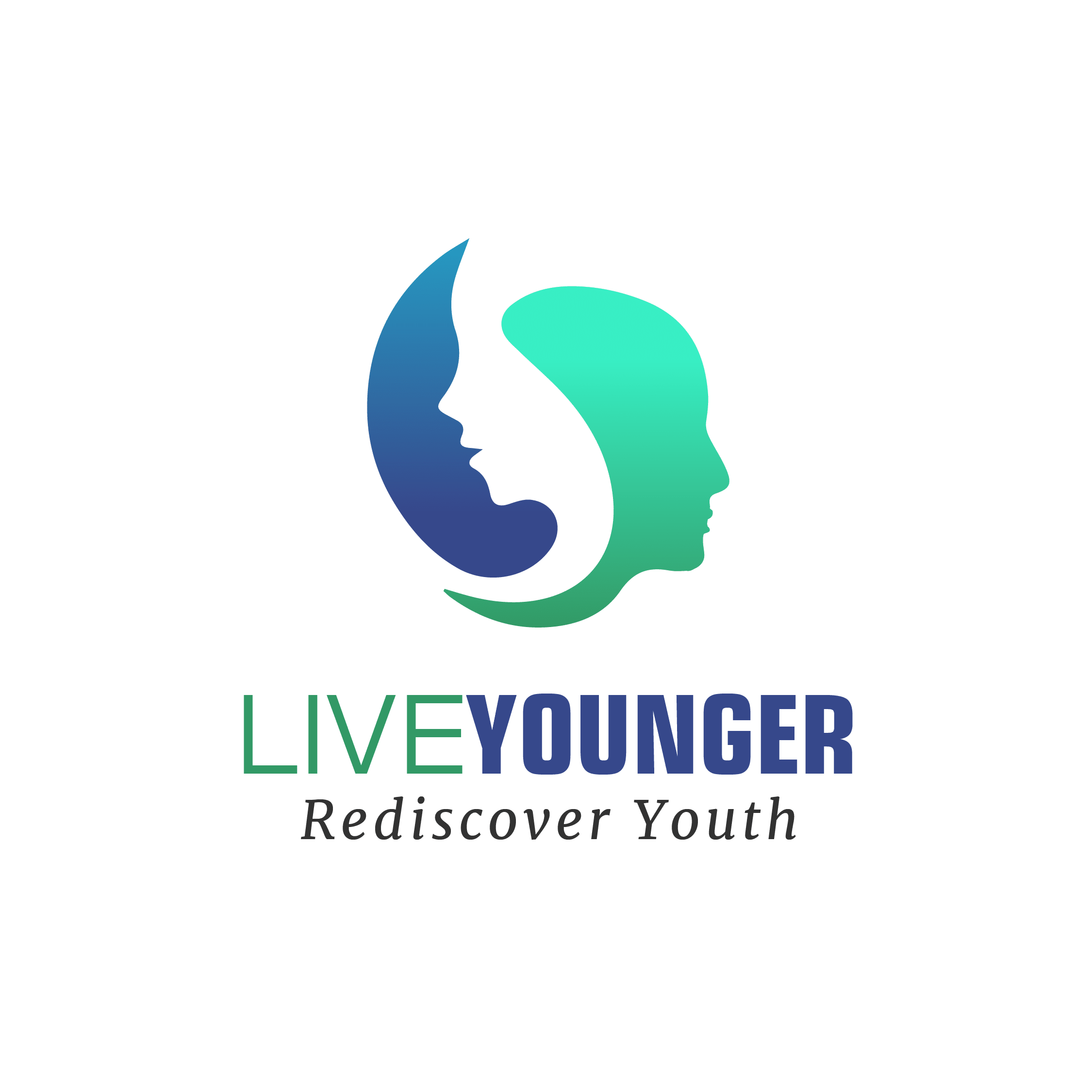Cancer Prevention
Breast Cancer (And Prostate Cancer)
Statistics show that 1 in 8 women in North America will get breast cancer this year. The rate of prostate cancer is also rising dramatically. In Functional and Regenerative Medicine we look at both cancers the same way. We know that the risk factors and contributing causes are the same for both men and women.
3% of all breast cancer occurs in men.
When we talk about cancer overall in Metabolic and Functional Medicine, we go far beyond just genetics and the ‘commonly discussed’ risks. And there are common threads between ALL cancers that most people are unaware of.
Some common breast cancer risks in the mainstream discussion:
- Family History.
- Age of first menstrual cycle (earlier raises risk slightly)
- Age of menopause (later raises risk slightly)
- Use of birth control pills
- Age of first pregnancy (older age raises risk slightly)
The Risky Gene
There is a gene (BRCA 1 and 2) that raises a family’s risk for breast cancer and/ or ovarian cancer dramatically (over 80%).
The occurrence of this gene today in our population is not more common to explain this explosion of breast cancer.The risk for breast cancer in our grandparents generation was less than 40% with that same gene. In fact, talk to your grandparents and see if any of them recall their friends or family having cancer that seemed ‘genetic’.
Likely they don’t. Cancer was quite rare in their generation.
Today, the risk is 82%. The same gene, the same occurrence and yet the expression of that gene as cancer has more than doubled over the last fifty years. This has led cancer specialists to conclude that the environment has a great influence on cancer.
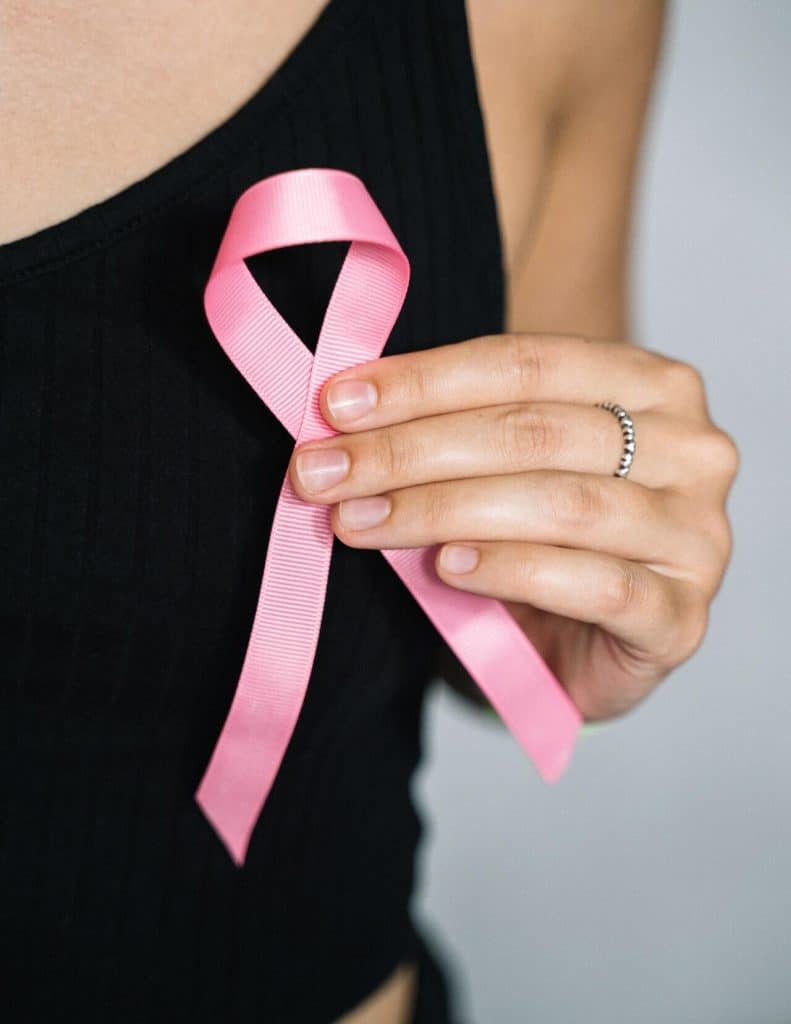
Plant & Environmental Substances
The subject of xenoestrogens is very important yet many medical people are still not familiar with it. Researchers have confirmed that plant and environmental substances can disrupt endocrine receptors (ie. hormone receptors).
Here is an audio of a podcast Dr. Iyer was interviewed on regarding environmental vs. genetic issues that can increase cancer risk.
Cancer Prevention
There are some things you can do or use cancer prevention medicine to help you beat the odds and lessen the risk of cancer.
1. Sugar And Insulin Make Cancer Grow
If you have metabolic syndrome / insulin resistance – your cancer risk is higher. For now, focus on reducing your sugar intake.
One simple step you can start today can be eating your fruit rather than drinking it as juice. No matter how ‘natural’ and “no sugar added” claims there are on the label, or even if you are advanced enough to juice at home, removing the juice only concentrates the natural sugars of the fruit or vegetable.
Without the fibre, you have concentrated sugar entering your blood stream. This ‘spikes’ your insulin’ after raising your blood sugar levels.
Rather blend your fruit into a smoothie. Or eat it. The fibre present in your whole fruit serving or blended fruit serving slows down the absorption of sugar and keeps your blood sugar levels more stable.
This also helps you manage your body weight better!
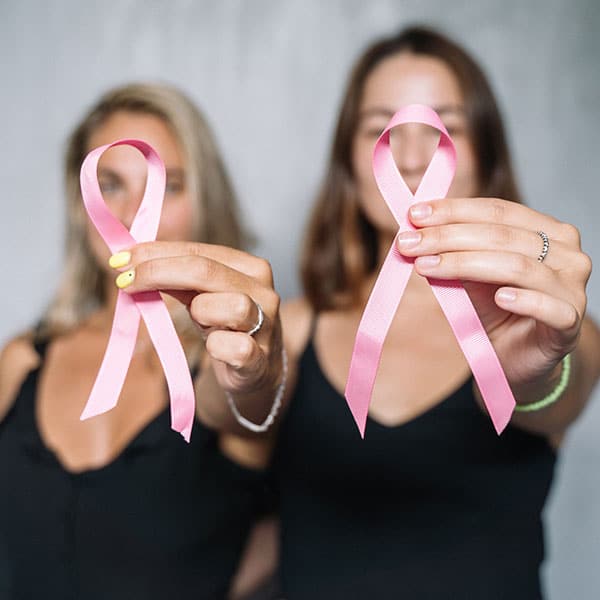
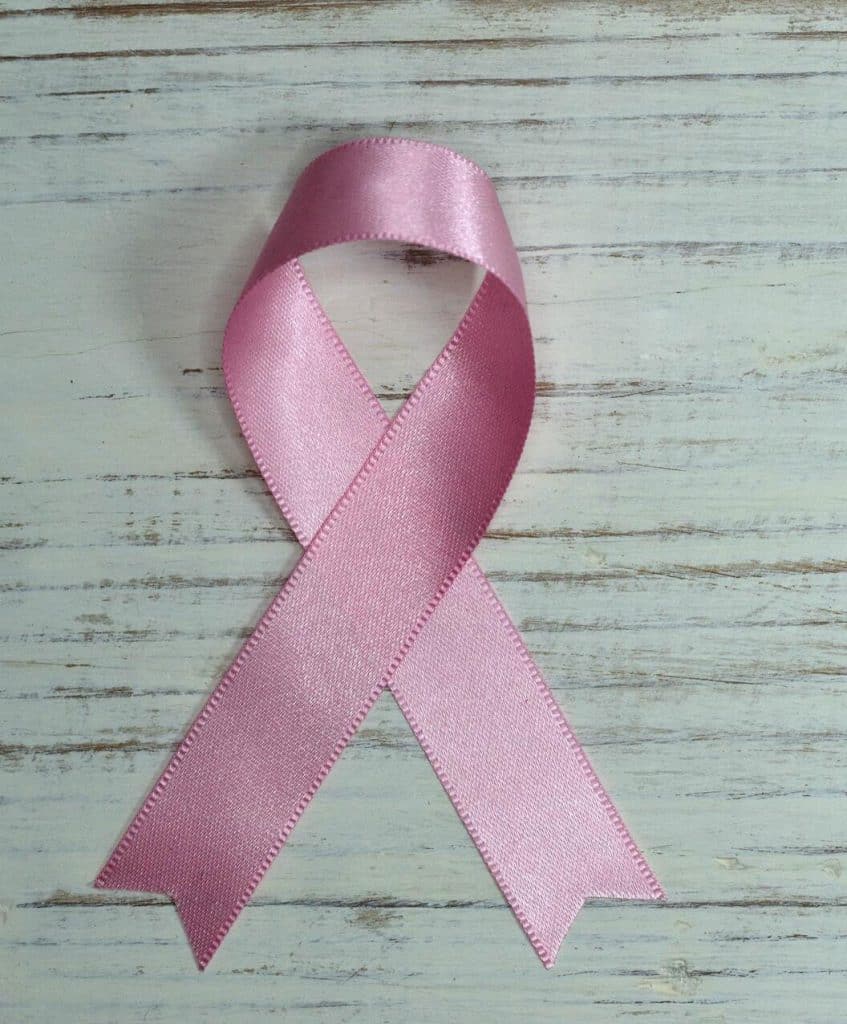
2. Environmental Influence
Many chemicals in your environment can affect your estrogen receptors in detrimental ways. Men and women both have estrogen in their bodies and estrogen receptors.
Xeno-estrogens are the category of chemicals. Modern science and the quest for all things ‘quick’ and ‘convenient’ lead to thousands of new chemicals being produced each year.
There are over 80000 chemicals in the environment today that did not exist 2 generations ago.
Many of these chemicals affect your hormone receptors. And we know that hormones and hormone balance, or rather, IMbalance, affect your cancer risk.
Try this:
- Do not heat your food in plastic containers.
- Drink hot liquids from real glasses (non-plastic or synthetic material) and store our leftover food in glass containers.
- Drink bottled, spring water when available.
- Read the labels before purchasing skin care products so you can avoid those that contain xeno-estrogens. Consider the advantages of switching to anti-cancer makeup.
3. Nutritional Protection
The top 3 foods in cancer reduction and protection are now considered to be:
- Cruciferous Vegetables such as broccoli and brussels sprouts.
- Tumeric – an East Indian Spice Use this popular spice in cooking.
- Reveratrol – found in red grapes. It is best to take this as a supplement that is cold pressed, since otherwise you would have to eat huge amounts of red grapes daily (too much sugar) or drink over a litre of red wine every day …and that is never a wise idea 😉
* As always, be careful about the origin of your nutritional supplements. Many sources are non organic and filled with chemicals and additives, which lead to other disturbances in your physiology… and in a different way, increase your risk for cancer.
* Most people are just not inclined to eat 3 cups of broccoli every day, let alone 3 cups of Brussels sprouts a day. Nutritional supplementation is vital to your long term health.

More Information
To receive a report on cancer and cancer prevention medicine, Contact client services
You Deserve A Better Quality of Life
All those years of writing prescriptions, I realized my patients weren’t really getting BETTER. A drug for this and a drug for that…the same dose for everyone, even though every person is a unique individual. Then I discovered a Better way!
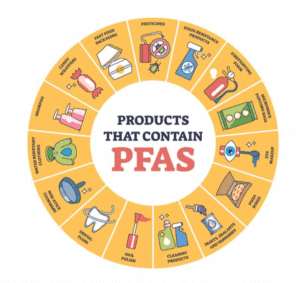
Toxic by Design- What You Need to Know About PFAS and Your Health
PFAS chemicals, also known as ‘forever chemicals’, are not just in your kitchen, your bathroom, your closet; they’re in your bloodstream. This urgent and pervasive
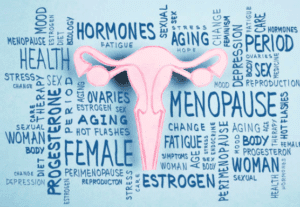
Perimenopause: Understanding the ‘I Don’t Feel Like Myself’ Phase
Have you ever woke up thinking, “I just don’t feel like myself”? Perimenopause can do that to you—it’s a phase of life that brings a

Medical Power of Muscle: Your Body’s Ultimate Health Insurance Policy
Why muscle mass is your most powerful weapon against disease, aging, and metabolic dysfunction When you think about muscle, what comes to mind? Six-pack abs?
